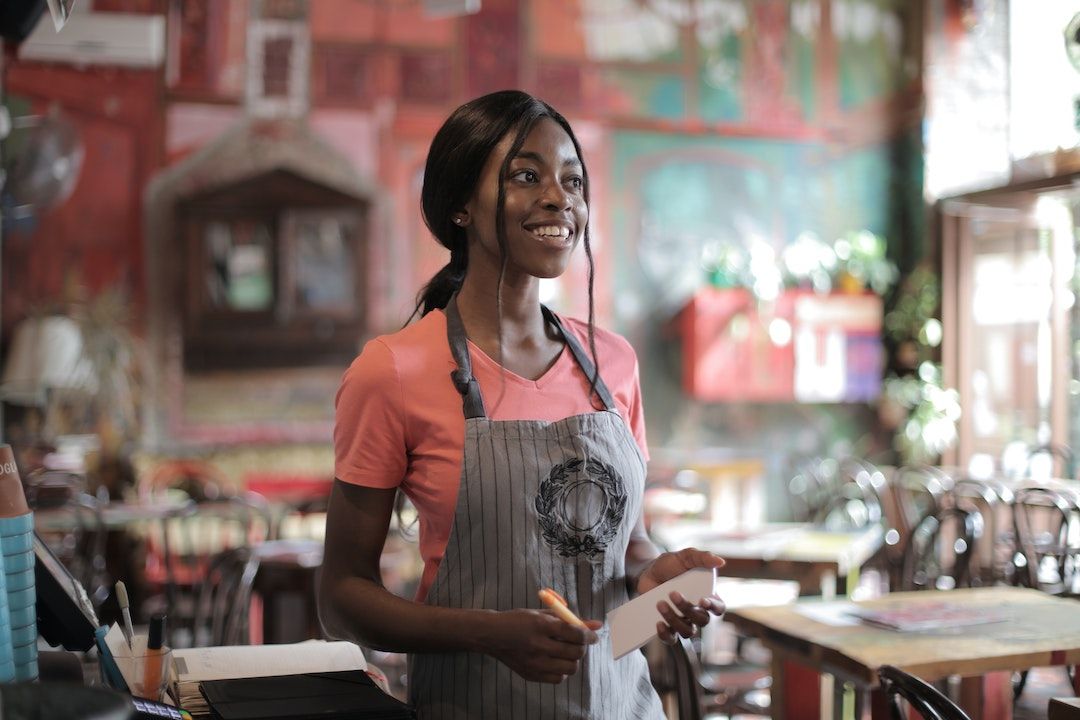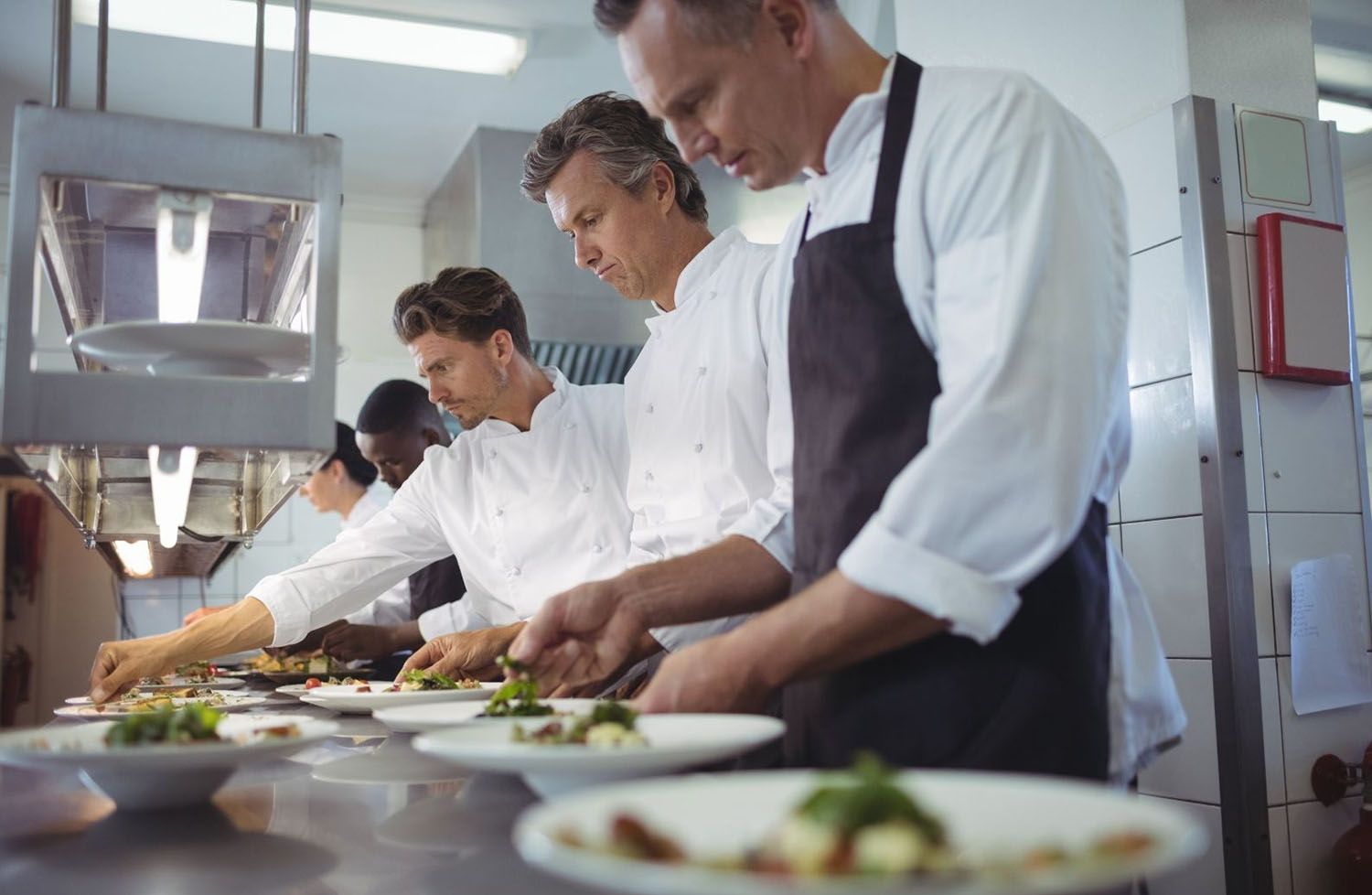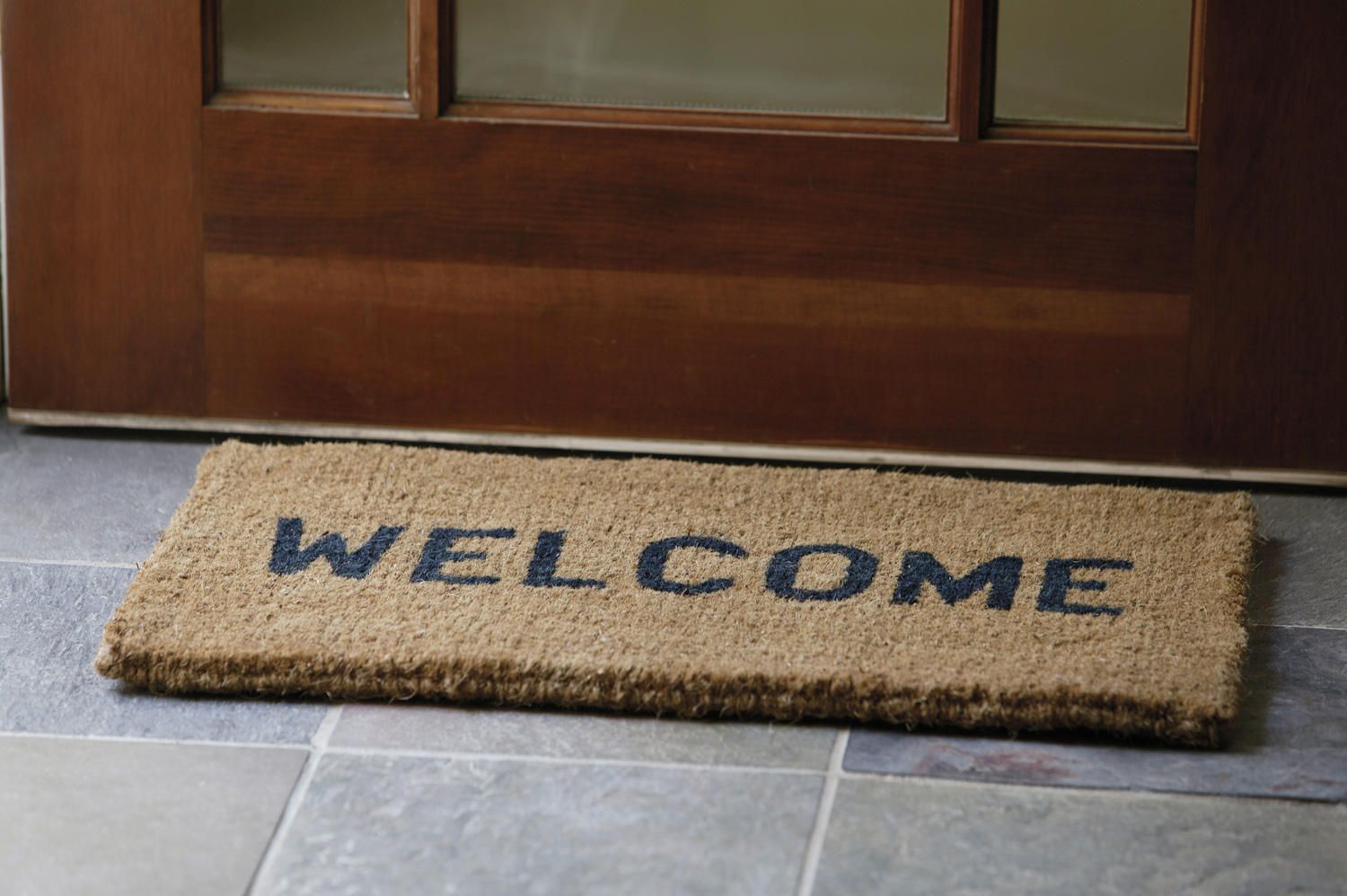Article
Top 5 tips to pass a health and safety restaurant inspection

Maintaining Health and safety in the workplace used to be relatively simple as long as everyone washes their hands and has the right coloured cutting board but in the age of the Coronavirus what used to be a simple check before an inspectors visit has turned into a daily fight; juggling serving customers, sanitising everything under the sun and making sure you follow whatever new guidance is thrown at you that week.
So here are some tips to make sure you pass, without losing a full head of hair:
1. Use cleaning schedules to keep your restaurant clean!
Bits on the floor, cluttered prep stations, dusty glasses, and messy tables are just some of the things that inspectors look out for when doing their checks. With random spot checks becoming more frequent it's no longer something you can leave for the end of the shift or the poor souls opening the next day.
Keeping a clear cleaning schedule can be a good way to make sure your cleaning tasks aren't left to the side or forgotten. It's also evidence that you're taking the necessary steps to keep your venue Covid-19 secure.
Just don’t forget about the toilets!
It's not the most pleasant job in the world but its an important one, completing regular toilet checks is not only part of compliance and keeping your venue safe it's also one of the places both inspectors and customers check when visiting your venue. Everyone likes a clean toilet and not one that's... you know what ill leave that one up to the imagination.
2. Maintain food safety at work
Getting a good food safety rating for your pub restaurant is something every business owner should be striving for. In the current climate, anything below outstanding can lead to closure if government regulations aren't met.

To ensure your venue is Covid-19 secure and follows the food safety act you need to:
- Make sure your chef and other kitchen staff have the right equipment they need
Working fridges, freezers, colour coded cutting boards, first aid boxes, cleaning and handwashing products should always be available filled, and in working condition. Having the proper equipment is essential to following food safety procedures.
Completing a risk assessment can help you identify possible hazards and faulty equipment early on.
- Minimise contact with food
Wear gloves and other PPE where possible and avoid cross-contamination of raw and cooked food. the same goes for serving food, although not mandated by the government wearing masks when serving customers is something inspectors will love to see.
- Check staff are fit for work
As soon as you notice staff feeling unwell or showing any symptoms of Covid-19 you should not only send them home but require them to complete a test. Often its nothing more than a cold but taking the right precessions can save you a lot of headaches down the line which can even lead to the closure
- Provide Staff training if needed
New starter checklist are essential if your hiring new members of staff. A clear policy can set you up for success from day one, covering everything that staff needs to know in one place can save you a lot of time and possible legal troubles if something goes wrong.
you can learn more about policies and how to set one up that works for your business by checking out our guide to online staff policy templates
- Pest control
No one wants to see a creepy crawly in the corner of the mop closet or a mouse scuttling across the kitchen floor, especially HSE Inspectors. That's, why it's so important you have the right weaponry to get, rid of these invaders if they appear as well as a structure in place to avoid them in the future. keeping your kitchen, stock rooms and fridges clean is the best way to avoid critters from making a home at your venue
- Complete regular ingredients and products checks
Always make sure you're using only fresh ingredients and it's being stored in the proper conditions. Checking cellar temps and your using reputable suppliers.
An can help you see everything that you need to cover, set reminders and track progress even if your not on site.
-3. Have an effective risk assessment in place
Accidents can happen but there is a lot you can do to minimise the chances. Evaluate risks and put together a risk assessment to cover most ‘danger zones'. There isn't a one size fits all risk assessment but you can learn more about how to put one together that's effective and works for your venue with our guide on the 5 steps risk assessment templates
Slips and trips are by far the most common, unsurprisingly as some people even manage to trip over thin air after one too many drinks. What is a surprise however is that most slips happen due to rain or ice next to your entrance (we've got the British weather to thank for that). Placing a mat next to your entrance can be a good way to avoid these nasty accidents and is a nice touch to make customers feel more welcomed.

- 4. Keep staff trained, aware of risks and company policy
Everyone works slightly differently and lower-level staff like kitchen porters and waiters might not be aware of common procedures. Even head chefs might forget some of their health & safety obligations, so having a review every now and again of your policies and risk assessments can be a good way to make sure staff are following the right procedure.
Hopsy provides risk assessments and policies which can be scheduled to be re-reviewed which you can track the completion of, making sure staff are always aware of the correct procedure, you can find out more about how you might be missing the trick to staff policies here.
- 5. DON’T cut corners
It might not seem cost-effective spending time on keeping your venue compliant to everything the regulating body wants you to do at all times. But by letting your standards slip you leave room for error which can come and bite you in the back. Make sure your staff has the proper cleaning equipment and all your appliances are in good working order. Not meeting these regulations can leave you liable if something goes wrong but most importantly it doesn’t make for a good staff or customer experience.
On the flip side being outstanding at it might be just what your pub, bar, or restaurant needs to get more customers through the door and show that your venue is taking all the necessary precautions to remain open.
